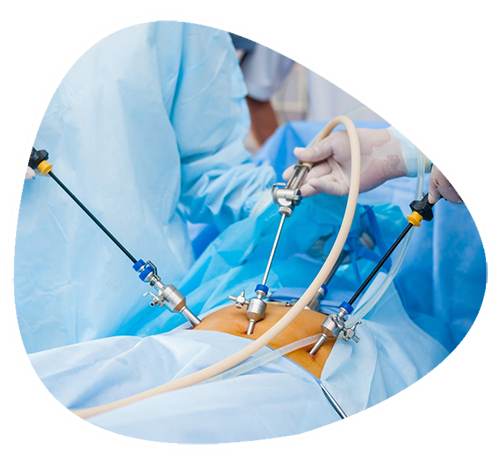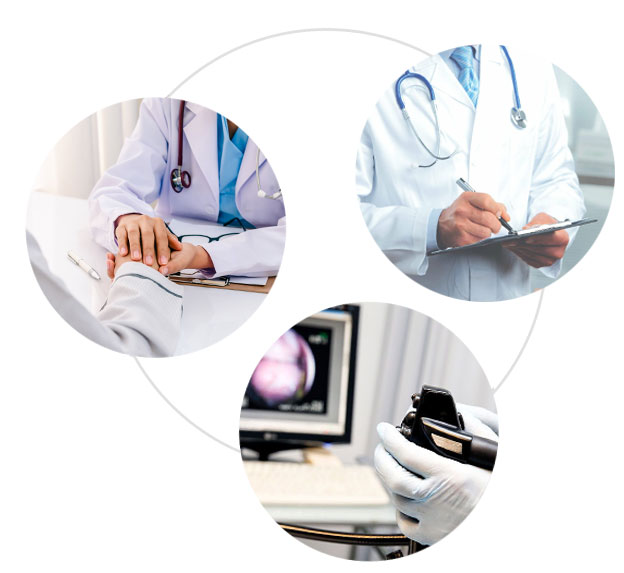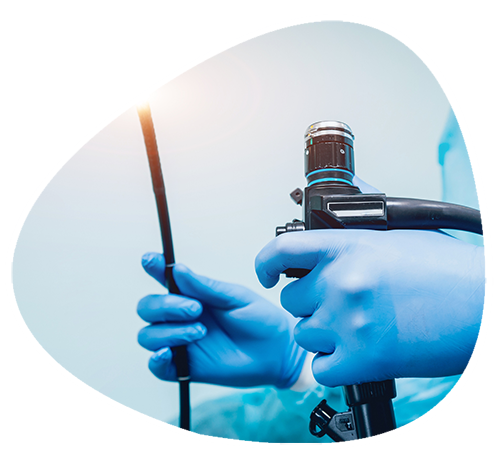What is Endoscopy?
In very simple words, endoscopy is the process (operation) to examine patient’s body by using an endoscope. To do endoscopy, doctor uses endoscope and inserts it in patient’s body through a natural opening of body, or by a small surgical cut.
It is a nonsurgical procedure use to examine a person's digestive tract. Using an endoscope, a flexible tube with a light and camera attached to it, your doctor can view pictures of your digestive tract on a color TV monitor.
During an upper endoscopy, an endoscope is easily passed through the mouth and throat and into the esophagus, allowing the doctor to view the esophagus, stomach, and upper part of the small intestine.
A special form of endoscopy called endoscopic retrograde cholangiopancreaticography, or ERCP, allows pictures of the pancreas, gallbladder, and related structures to be taken. ERCP is also used for stent placement and biopsies.
Endoscopic ultrasound or EUS combines upper endoscopy and ultrasound examination to obtain images and information about various parts of the digestive tract.
No need to worry, it is not panic process!




